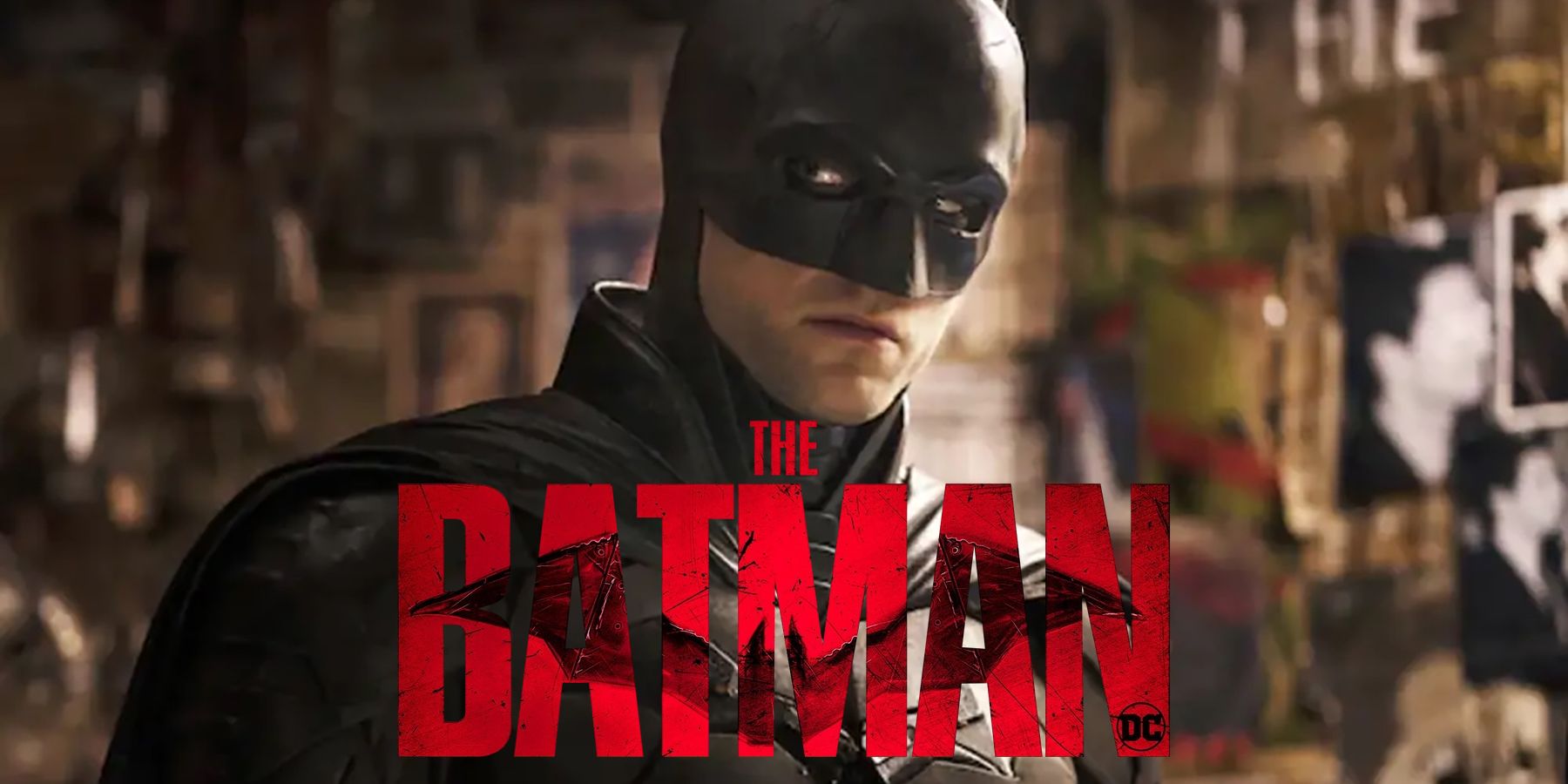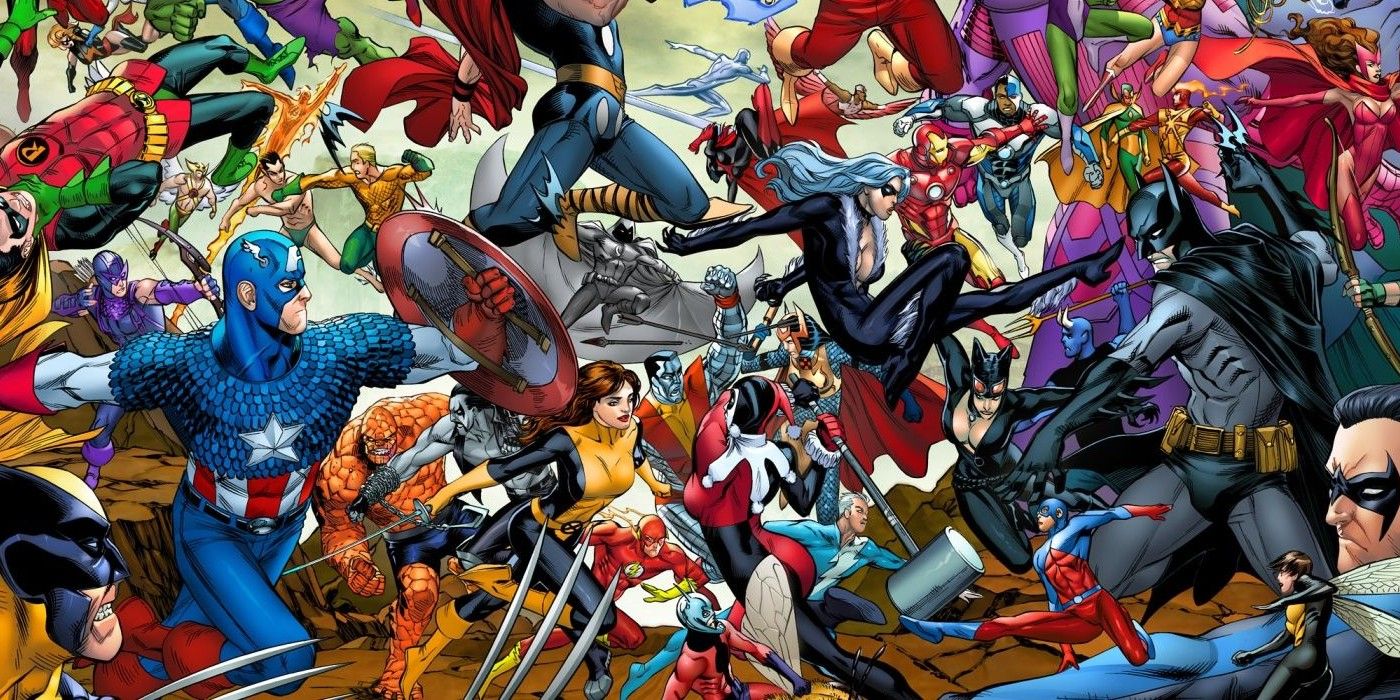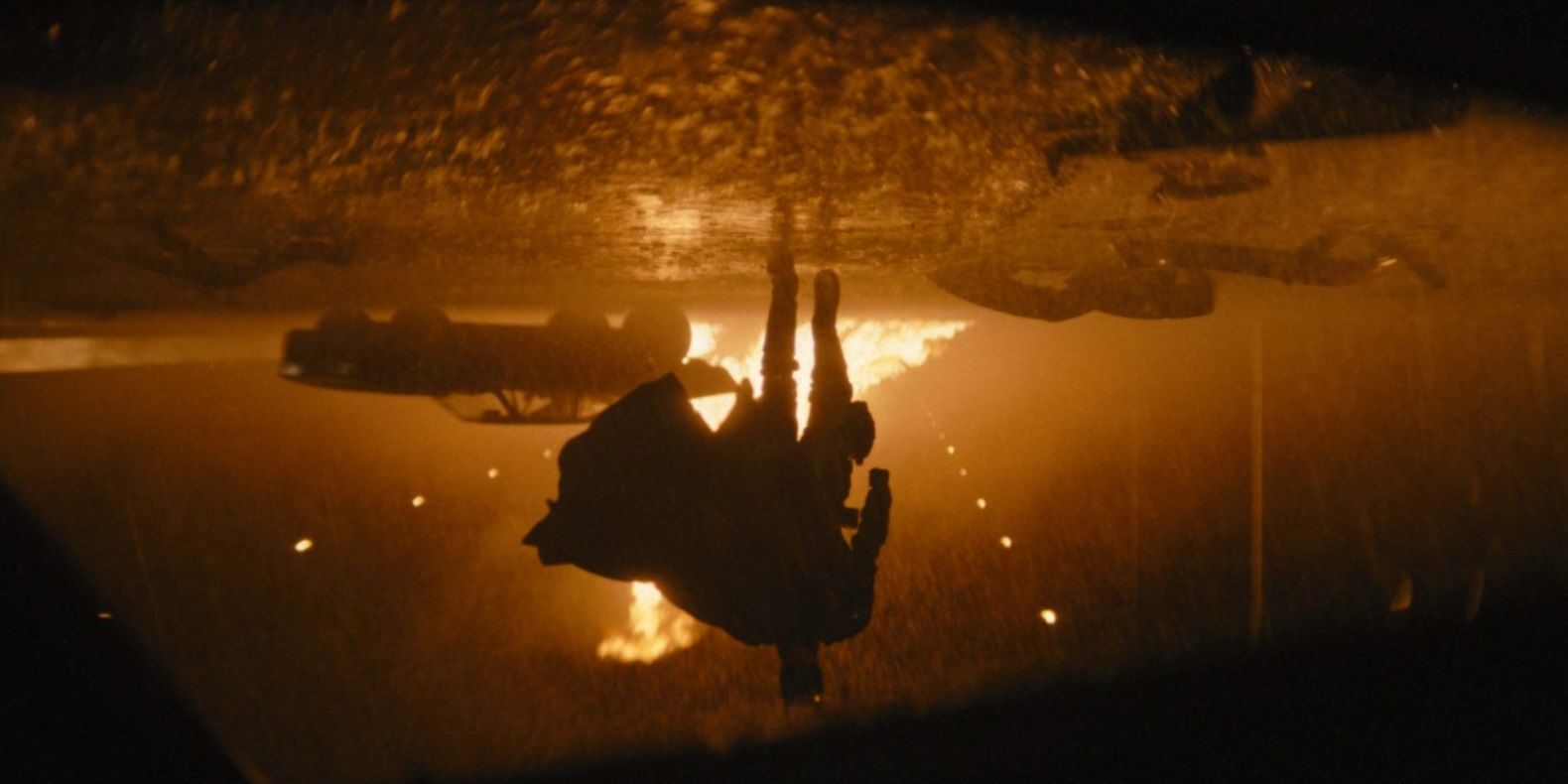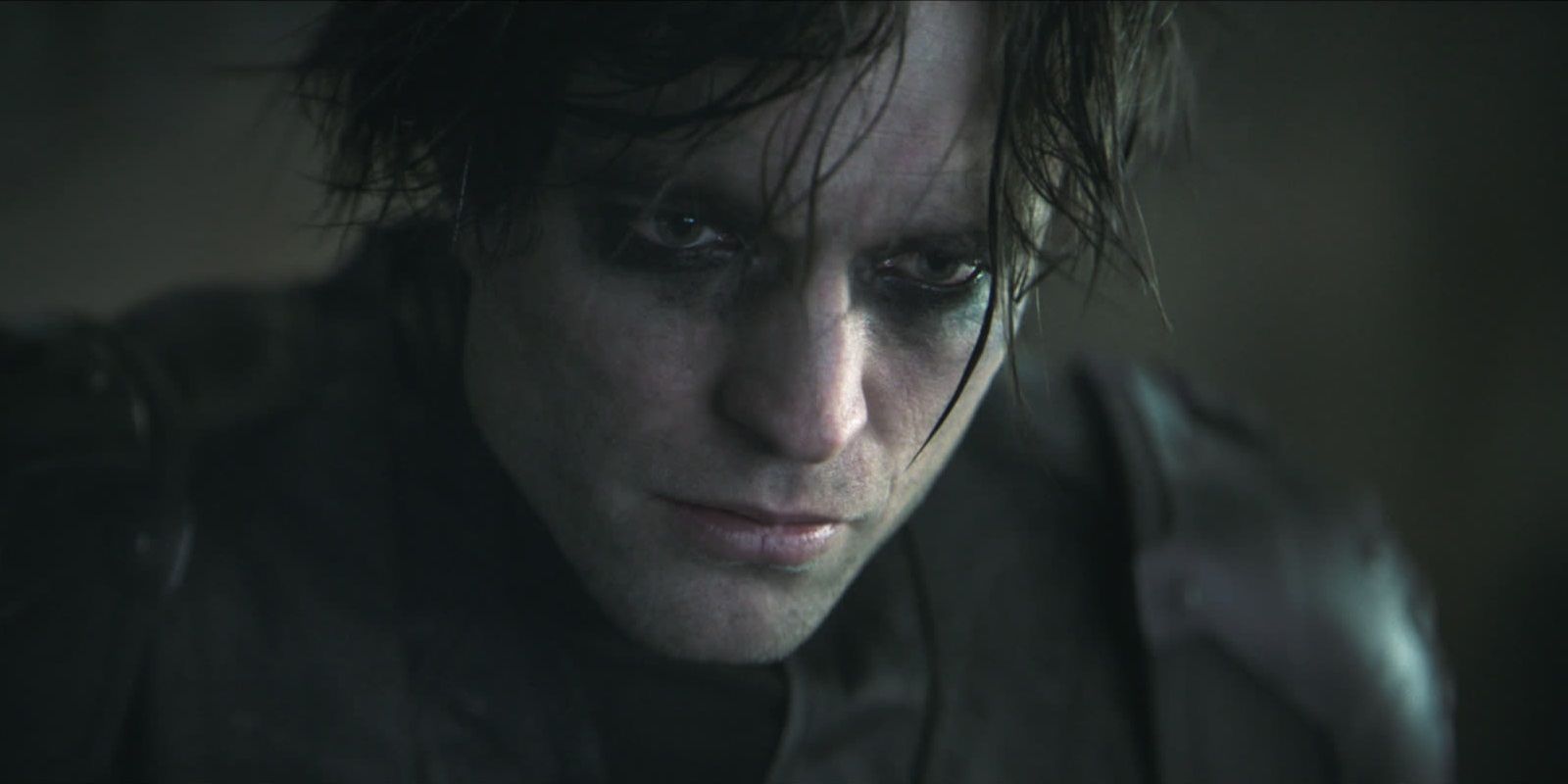Flashback to 2008. Iron Man has broken ground on the billion-dollar empire that is today’s MCU, yet over in camp Warner Bros., Christopher Nolan has just shattered all expectations by making his Batman not only one of the best superhero movies ever, but rather something whose influence went on inspire filmmaking for much of the next decade.
Batman, DC’s gritty poster boy, was the polar opposite to Superman. Most notably, he was a lone wolf that had, at least up to that point, operated solo in the world of cinema since the superhero film genre was barely a thing, let alone the notion of a massively interconnected universe. While times are always changing, that setting is a reminder of a time when it was DC that commanded most moviegoers’ attention, a formula that very much mimics the current setup that Matt Reeves’ The Batman will be working with.
Thou Shall Not Copy Thy Neighbor
Warner granted Matt Reeves the ultimate wish any director could ask for: practically full creative freedom over what type of Batman film he would make. In turn, this resulted in a widely praised take on Bruce Wayne and Gotham City that honors the legacy of the men that came before, although it remains quite distinct from the Caped Crusader’s other adventures. Reeves’ Batman is, for now, even more grounded and realistic than Nolan’s ever was, and somehow he also managed to intertwine the latter's influence with a Zodiac-inspired plot that feeds off the style of a very different director like David Fincher.
Regardless of his approach, what is most essential to Reeves’ movie is that the Planet of the Apes director was allowed to write exactly the movie he wanted to make. This might seem like a given at first glance, until one compares the strange nature of the DCEU or the state of the MCU’s Phase Four. The Dark Knight Trilogy works because it was conceived by Nolan to build Bruce Wayne from his origins. It's about his journey to becoming and "dying" Batman; on the other hand, Marvel Studios came up with a plan to make use of the superheroes they had left to eventually put together The Avengers as the kind of team-up comic book fans had always dreamed of.
Setting goals is crucial in order to not wander around aimlessly. The common element both of those projects had was a clear objective as to where each studio wanted to take their franchises, which is hardly something the DCEU could argue it did after 2017's Justice League. Conversely, Reeves does have a goal, which is to create the most realistic and thriller-like setting for the world’s greatest detective. In order to do so, he must do away with the temptation and burden of having to provide constant tie-ins to other franchises. Under his watch, Batman is a man on a mission.
The DCEU was created as a reactionary measure to compete with the great vision that Kevin Feige deploys at Marvel Studios. It lacks first-mover advantage, which is exactly what Todd Phillips and Reeves do have when they take The Batman and the Joker in opposite directions. By having Reeves’ Batman exist only in his Gotham, the character is freed from having to carry less-recognized properties in the same way Iron Man and Captain America dragged the Ant-Mans of Marvel Comics. That's simply a blessing that cannot be overstated.
Robert Pattinson Is The New Cool Superhero
Besides Reeves' own filmmaking prowess to produce such an outstanding movie, The Batman's most redeeming quality is that he's an outlier. As the idea for interconnected properties spanning multiple spin-offs, sequels and prequels grows ever more popular. Pattinson's emo Batman is going against that trend with a radically different portrayal of the character's younger years.
Challenging old paradigms is often what artists set out to do in their creative endeavors, like Joker did back in 2019 redefining one of comic books' greatest villains. While The Batman is far from that, the movie is different enough to feel fresh in the current landscape. To boost its credentials, Batman's blockbuster nature is perfect for Warner's new corporate playbook. Batgirl's cancellation is a painful event for people who made it, but at the same time, it's more of a symptom of a studio making movies that it probably shouldn't have been greenlighting in the first place.
Right now, The Batman and its subsequent Gotham spin-offs are edgy because they're all trying to create a new type of money-making machine. Is it a never-before-seen novelty? No, but it can aspire to fill the void Nolan's The Dark Knight Rises left in fans.
Businesses often come up with new products to catch up with whatever else their competitors came up with, and it usually doesn't pay off. Cinema is as much of a business as it is an art form, and what makes The Batman projects special is its future promises to pay as much respect to the arts as it does to numbers with no promise of a Justice League to ruin things along the way.




